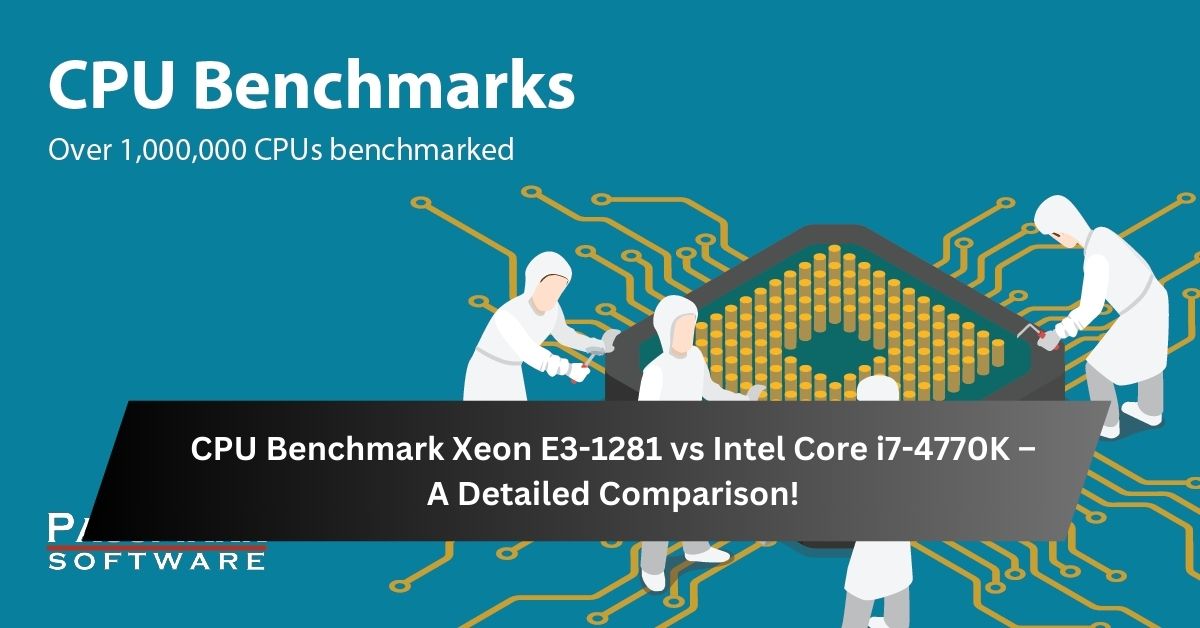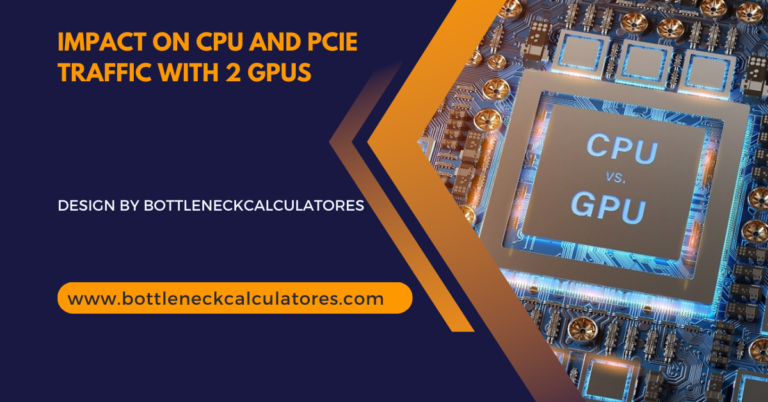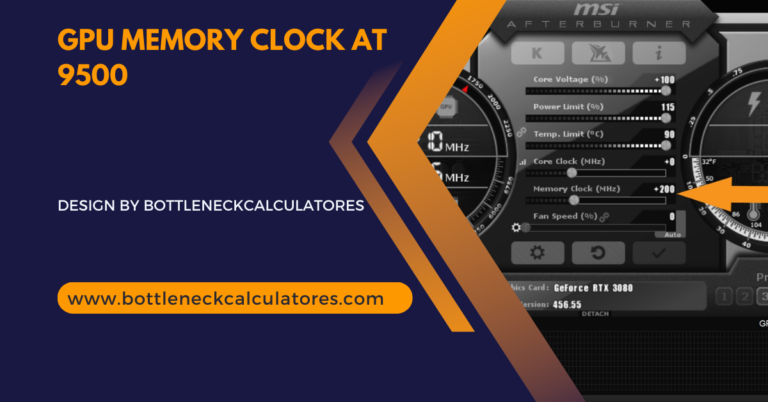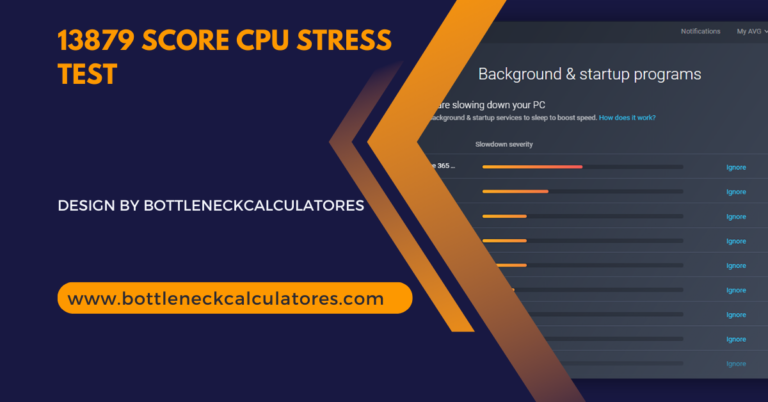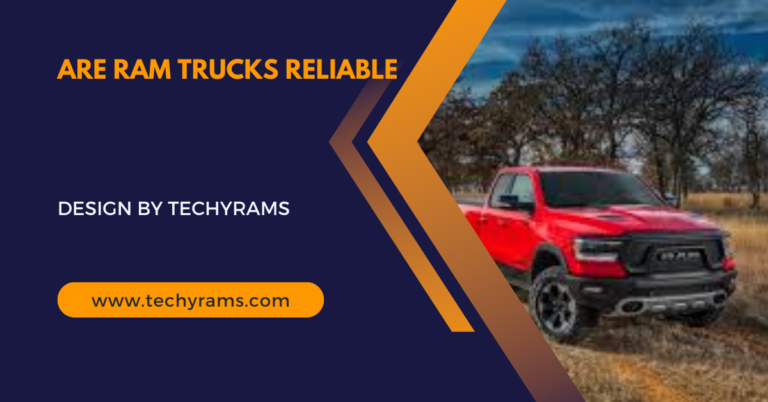CPU Benchmark Xeon E3-1281 vs Intel Core i7-4770K – A Detailed Comparison!
When considering a new CPU for your build or upgrade, it’s important to compare the performance of different models. In this article, we’ll dive into the CPU benchmark Xeon E3-1281 vs Intel Core i7-4770K, two powerful processors that target both workstation and consumer-grade tasks. By analyzing their specifications, benchmarks, and performance, you can make an informed decision on which one is the right choice for your needs.
Overview: Xeon E3-1281 vs Intel Core i7-4770K
Both the Xeon E3-1281 and the Intel Core i7-4770K were designed for different market segments. The Xeon E3-1281 is built primarily for servers and workstations, while the i7-4770K is tailored for high-performance consumer desktops. Despite this, they share similarities in architecture and generation, making them worthy competitors in the CPU benchmark comparison.
- Intel Xeon E3-1281 v3: Part of Intel’s Xeon E3 family, this processor is known for its reliability in server environments, featuring a base clock of 3.7 GHz and support for ECC memory, which makes it ideal for professional workloads that require high stability.
- Intel Core i7-4770K: Positioned as a high-end consumer processor, the i7-4770K operates at a base clock of 3.5 GHz, with the ability to be overclocked, appealing to gamers and performance enthusiasts.
Performance Comparison:
1. Clock Speeds and Overclocking:
The Xeon E3-1281 v3 has a slight edge in base clock speed at 3.7 GHz, compared to the i7-4770K’s 3.5 GHz. However, where the Intel Core i7-4770K stands out is in overclocking. With proper cooling, the i7-4770K can achieve speeds beyond 4.0 GHz, making it ideal for tasks that demand higher single-core performance, such as gaming or intensive single-threaded applications.
In contrast, Xeon E3-1281 does not support overclocking, which can be a limitation for users seeking higher clock speeds for specific applications. Nevertheless, the Xeon’s stability and efficiency at stock speeds make it suitable for environments where overclocking is not a priority.
2. Core and Thread Count:
Both CPUs are built on Intel’s Haswell architecture and feature four cores and eight threads. This makes them both excellent choices for multitasking and multi-threaded applications. However, in synthetic benchmarks, the CPU benchmark Xeon E3-1281 vs Intel Core i7-4770K shows minimal differences in multi-threaded performance, with the Xeon slightly ahead due to its higher base clock speed and optimizations for server-grade tasks.
3. Power Efficiency:
The Intel Xeon E3-1281 is designed for power efficiency, which is crucial in a server environment. It consumes less power when handling large-scale workloads compared to the Intel Core i7-4770K, which tends to draw more power when overclocked. According to benchmark tests, the Xeon E3-1281 is about 2% more energy-efficient than the i7-4770K, making it a solid choice for long-term, power-intensive operations.
4. Integrated Graphics:
A notable difference in the CPU benchmark Xeon E3-1281 vs Intel Core i7-4770K is their integrated graphics. The i7-4770K comes with Intel HD Graphics 4600, which can handle light gaming and everyday tasks without the need for a dedicated graphics card. On the other hand, the Xeon E3-1281 also has integrated graphics but isn’t as focused on graphics performance since Xeon CPUs are typically paired with discrete GPUs in workstation or server setups.
5. Pricing and Value:
When it comes to cost, the Intel Core i7-4770K tends to be more affordable and accessible for everyday users, especially for gaming and overclocking enthusiasts. The Xeon E3-1281, on the other hand, is priced higher due to its server-grade features, including support for ECC memory, which ensures data integrity. This makes the Xeon better suited for professionals needing robust, error-resistant performance.
Benchmark Showdown: Xeon E3-1281 vs Intel Core i7-4770K
In terms of raw benchmark numbers, the CPU benchmark Xeon E3-1281 vs Intel Core i7-4770K shows that the Xeon E3-1281 outperforms the i7-4770K by a small margin of around 4% in aggregate performance tests. This slight advantage comes from the Xeon’s higher base clock and its optimizations for sustained workloads.
For gaming and general consumer use, the Intel Core i7-4770K holds its own, particularly when overclocked, delivering higher frame rates in gaming benchmarks and faster performance in single-threaded tasks.
1. Synthetic Benchmarks:
- Xeon E3-1281: Scores approximately 4% higher in multi-threaded benchmarks.
- Intel Core i7-4770K: Achieves better single-threaded performance, particularly when overclocked.
2. Real-World Applications:
- Gaming: The Intel Core i7-4770K is favored for gaming, thanks to its ability to be overclocked and better graphics performance out of the box.
- Workstations/Servers: The Xeon E3-1281 shines in environments requiring high reliability and power efficiency, making it better suited for professional workloads like video rendering or running virtual machines.
Memory Support and ECC Functionality:
One of the key distinctions between the Xeon E3-1281 and the Intel Core i7-4770K lies in memory support, specifically in the realm of ECC (Error-Correcting Code) memory. ECC memory is designed to detect and correct data corruption in real-time, making it essential for mission-critical applications where data integrity is paramount.
The Xeon E3-1281 fully supports ECC memory, which is a feature highly sought after in servers and workstations. This capability helps reduce the risk of data corruption, which is particularly valuable in environments like financial systems, medical computing, or cloud servers where stability is critical.
In contrast, the Intel Core i7-4770K does not support ECC memory, making it less suitable for applications where data accuracy and stability are crucial. This difference reinforces the fact that Xeon processors are aimed at professional, enterprise-level workloads, while the i7 caters more to consumers.
Cache Size and Impact on Performance:
Another important aspect to consider in the CPU benchmark Xeon E3-1281 vs Intel Core i7-4770K comparison is the size of the CPU cache. The Xeon E3-1281 comes with an 8MB L3 cache, while the Intel Core i7-4770K also offers the same 8MB cache.
While the size of the cache may be similar, the Xeon E3-1281 uses its cache more efficiently due to its focus on handling larger, more consistent workloads typically found in server environments. In server-grade CPUs, larger caches are beneficial because they help minimize latency when accessing frequently used data, improving overall processing efficiency in multi-threaded applications.
For the i7-4770K, the cache is more optimized for burst performance in consumer applications like gaming or creative tasks, which rely more on short, intensive calculations. As such, while both CPUs have comparable cache sizes, their utilization differs, and the Xeon E3-1281 may offer better performance in cache-heavy, sustained workloads.
Virtualization and Workload Efficiency:
When it comes to virtualization capabilities, the Xeon E3-1281 holds a distinct advantage over the Intel Core i7-4770K. Xeon processors, including the E3-1281, are optimized for virtualized environments, which is essential in data centers, cloud infrastructure, and enterprise-level systems.
The Xeon’s support for Intel VT-d (Virtualization Technology for Directed I/O) allows for more efficient handling of input/output operations in virtualized systems, providing smoother performance when running virtual machines (VMs). This makes the Xeon E3-1281 an excellent choice for users running multiple VMs simultaneously, as it can allocate resources more efficiently across different operating systems.
The Intel Core i7-4770K also supports basic virtualization through Intel VT-x, but it lacks the advanced virtualization support of the Xeon, making it less efficient in enterprise-level or multi-VM scenarios. For users planning to deploy virtualized environments or cloud-based infrastructure, the Xeon E3-1281 offers better performance and resource management.
Reliability and Longevity:
Another factor that sets the Xeon E3-1281 apart from the Intel Core i7-4770K is reliability and longevity, particularly in sustained, 24/7 operations. Xeon processors, like the E3-1281, are engineered for continuous, non-stop performance in environments where downtime is not an option.
They undergo more rigorous validation and testing compared to consumer-grade CPUs like the i7-4770K, ensuring higher reliability in critical systems. This makes the Xeon E3-1281 ideal for tasks where uptime is crucial, such as in servers, rendering farms, and scientific computing.
On the other hand, while the Intel Core i7-4770K is robust and reliable in consumer-grade tasks like gaming or video editing, it is not intended for continuous, round-the-clock operation. Over time, the Xeon E3-1281 is likely to maintain better performance under stress, making it the go-to option for professionals who prioritize longevity and reliability in their hardware.
Conclusion: Which CPU Should You Choose?
The CPU benchmark Xeon E3-1281 vs Intel Core i7-4770K comparison reveals that while both processors excel in their own areas, your choice should depend on your specific needs.
- If you’re building a gaming or high-performance desktop and want the flexibility to overclock, the Intel Core i7-4770K is a solid choice.
- If you’re setting up a server or workstation that requires power efficiency and stability, the Xeon E3-1281 provides slightly better performance, especially in multi-threaded applications and long-term, heavy workloads.
In conclusion, the CPU benchmark Xeon E3-1281 vs Intel Core i7-4770K helps guide you toward the best processor based on your usage scenarios. Both CPUs are strong performers in their respective categories, but the Xeon’s slight edge in stability and efficiency might appeal more to professional users, while the i7’s overclocking potential makes it a better fit for enthusiasts and gamers.

